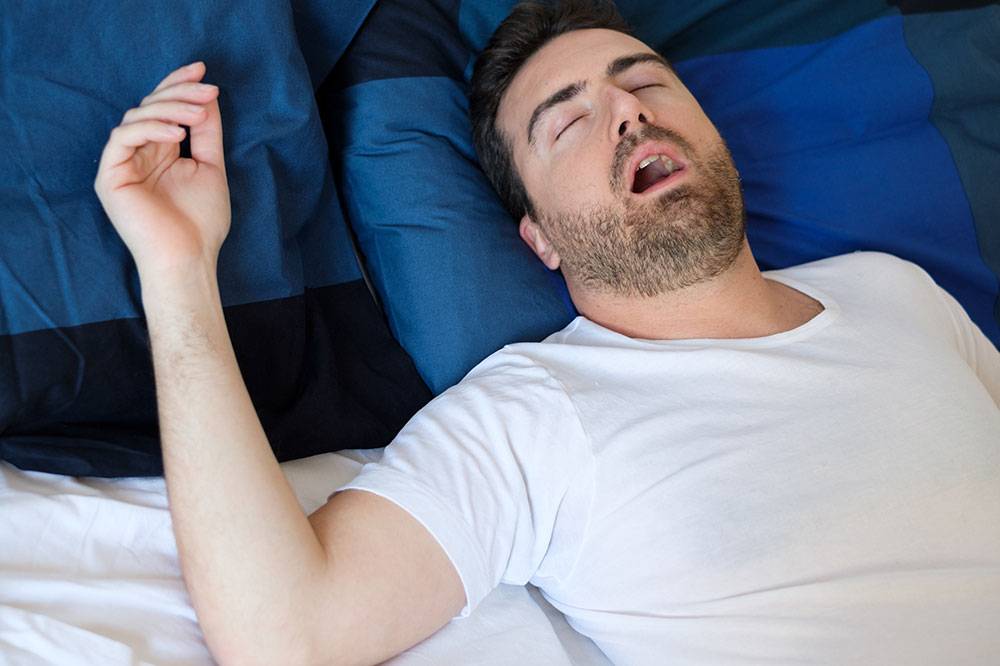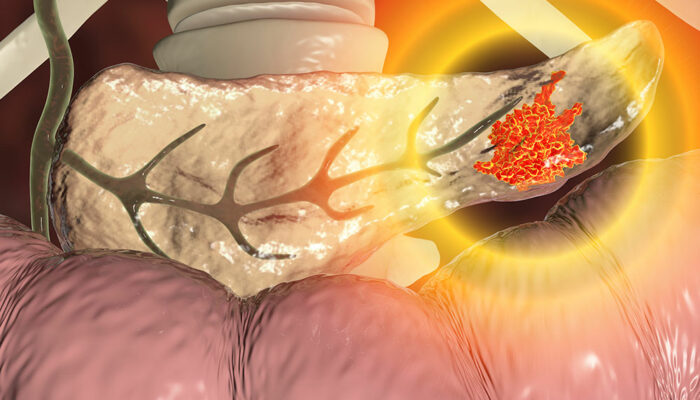
7 Causes and Triggers of Sleep Apnea
A serious sleep disorder like sleep apnea causes breathing issues during sleep. With sleep apnea, the breathing stops suddenly and starts back again while asleep. One of the biggest indicators of the condition is often snoring. Also, a person may feel tired even after a complete night’s sleep. This disorder can be caused due to several factors. Here are some of the leading causes of sleep apnea.
1. Being overweight
One of the leading causes of sleep apnea is obesity. Being overweight can increase the risk of this sleep disorder. Due to excess body weight, there is a strain on the respiratory tract. This occurs due to the narrowing of the airways. Moreover, obesity can put pressure on the heart, making breathing difficult. This can lead to the onset of the sleeping disorder over time.
2. Hormonal imbalances
Severe hormonal imbalances lead to several health issues. These conditions often cause major changes in the body. For instance, an imbalance of the thyroid hormone can cause hypothyroidism. This condition can lead to obesity which can cause sleep apnea. Other hormonal abnormalities such as the excess of growth hormone cause swelling of the tissues of the throat. This can also trigger sleep apnea symptoms.
3. Anatomical features of the respiratory system
This is one of the major causes of sleep apnea. Anomalies in the anatomical characteristics of certain parts of the respiratory system may cause breathing obstruction during sleep. There can be misalignment in the position and size of the tonsils, jaw, tongue, neck, and tissues close to the throat. This can affect the flow of air through the respiratory system, which can lead to snoring and other symptoms of sleep apnea.
4. Taking sedative medications
Sedative medications often have side effects. One of the common effects is sleep apnea. Sedatives often cause relaxation of the tissues at the back of the throat. Due to this, there can be an obstruction in the airways. This can cause breathing difficulties during sleep and lead to sleep apnea symptoms.
5. Smoking
Smoking is and for overall health. The high concentration of nicotine causes damage to the lungs. Moreover, the respiratory system takes a hit, especially for heavy smokers. This is why smokers are at an extremely high risk of developing respiratory disorders, including sleep apnea.
6. Genetic factors
Having a family history of sleep apnea is also another leading cause. Often genetic factors that run down a family play a vital role. The risk of sleep apnea is more among those who have one or both parents or a sibling with this disorder.
7. Nasal congestion
Nasal congestion can occur due to several reasons. Cold, flu, allergies, sinus blockage, or nasal polyps can obstruct the airflow through the nasal passage. One of the effects of long-term nasal congestion is sleep apnea. The risk is always higher when a person has chronic nasal congestion due to an underlying health condition.



